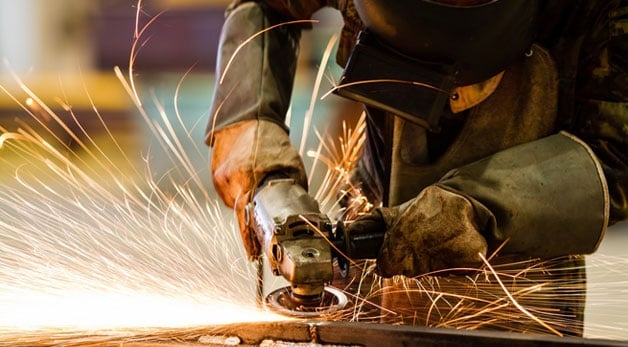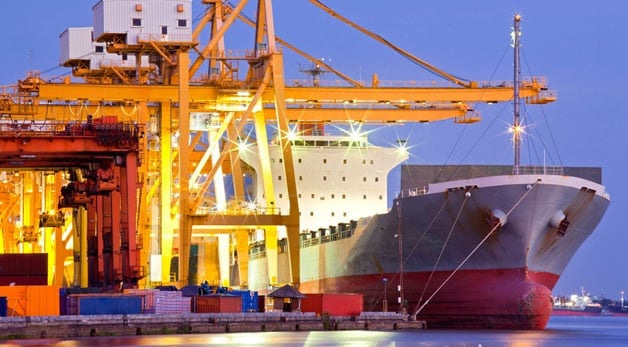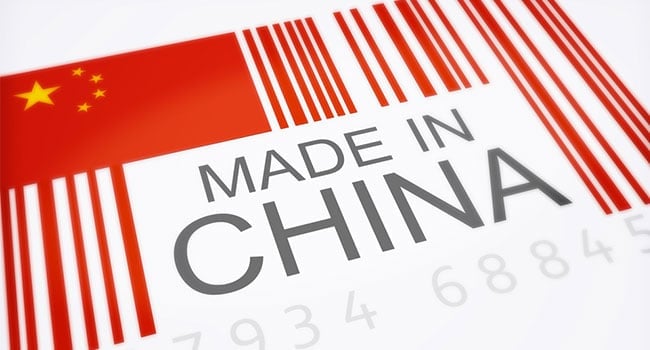
Determining your company structure, when expanding your business into China, is a critical decision to make. Deciding whether an Representative Office, Joint Venture, or Wholly Foreign Owned Enterprise (WFOE) is the right vehicle for you business can be tricky and should be based on a clear understanding of your organisational goals.
If you decide on setting up a WFOE in China you'll need to know which type is for you, and the benefits (or drawbacks) of each...
A WFOE (pronounced “wuh-fee”), is a limited liability company and is the most favored investment vehicle as it gives full autonomy and control to the foreign parent company. In China, WFOEs were originally conceived for encouraged manufacturing activities that were either export orientated or introduced advanced technology. However, with China's entry into the WTO, these conditions were gradually abolished and the WFOE is increasingly being used for service providers such as a variety of consulting and management services, software development and trading as well.
A WFOE can be broken down into three main categories: A Consulting WFOE, a Manufacturing WFOE, and a Trading WFOE or Foreign Invested Commercial Enterprise (FICE). Although all three have the same legal structure, they vary significantly is setup procedure and cost.
Below let's explore the 3 types you'll typically be setting up, and the individual WFOE Pros and Cons:
Consulting Wholly Foreign Owned Enterprise

Consultancies or companies that provide a service fall into the Service or Consulting category. The requirements for establishing this type of WFOE in China is simple and a less complicated application process than WFOEs in other categories. Profit can only be generated from the services it registers with and is prohibited from conducting other profit generating activities. This make it important to have a clearly defined business scope from the beginning.
Pros
- Simple application process.
- No registered capital required.
- Control of Intellectual Property.
- Can purchase/build property in China.
- Hire staff directly.
- Long term licensing (15 to 30 year periods).
- Incorporation capability regardless of how long business has been established outside China.
Cons
- Can only conduct business within licensed category or specific business scope.
- Subject to all applicable Chinese business taxes (VAT, Corporate, Dividend, and Income).
Manufacturing Wholly Foreign Owned Enterprise

Companies who are starting a business in China involving activities such as the manufacture of goods can set up a Manufacturing WFOE. The process is less simple than with a Consulting WFOE. Some of the additional processes include:
- scout out a factory premises and sign a contract to lease it
- approve the location for manufacturing use by the relevant authorities
- ensure that the factory is compliant with one used for manufacturing purposes by having all of the necessary permits to operate
- to submit its manufacturing processes and equipment to a third party to assist in the issuing of the Environmental Impact Assessment Report
Pros
- No minimum registered capital.
- Control of Intellectual Property.
- Can purchase/build property in China.
- Hire staff directly.
- Long term licensing (15 to 30 year periods).
- Incorporation capability regardless of how long business has been established outside China.
Cons
- Lengthy application process.
- Can only conduct business within licensed category or specific business scope.
- Subject to all applicable Chinese business taxes (VAT, Corporate, Dividend, and Income).
Foreign-Invested Commercial Enterprise (FICE)

A FICE is a type of WFOE. It grants investors to access to both import and export licences in China as well as allowing the company to trade locally through retail outlets. Typically, a FICE follows stricter establishment guidelines in comparison to a WFOE due to the fact that they must be established at the provincial level, not the local level like many WFOEs are. Below is a list of pros and cons for setting up a FICE.
Pros
- Control of Intellectual Property.
- Can purchase/build property in China.
- Hire staff directly.
- Long term licensing (15 to 30 year periods).
- Incorporation capability regardless of how long business has been established outside China.
- Can conduct import/export activities with distribution rights.
- Can conduct wholesaling activity.
- Can operate franchises.
Cons
- Application process can take several months.
- Certain industries are excluded from setting up a FICE.
- A manufacturing FICE must obtain permission from several bodies to conduct manufacturing activities.
The Wholly Foreign Owned Enterprise business structure has become an increasingly appealing vehicle through which to establish a presence in China. In 2014, regulation regarding WFOE changed and abolished the need for minimum registered capital which has further popularised it as the preferred company structure.
Each WFOE in China has its own Pros and Cons. Selecting theright Chinese company type for your business needs to be based onyour organisation goals and a clear understanding of the regulatory environmentsurrounding each format.







